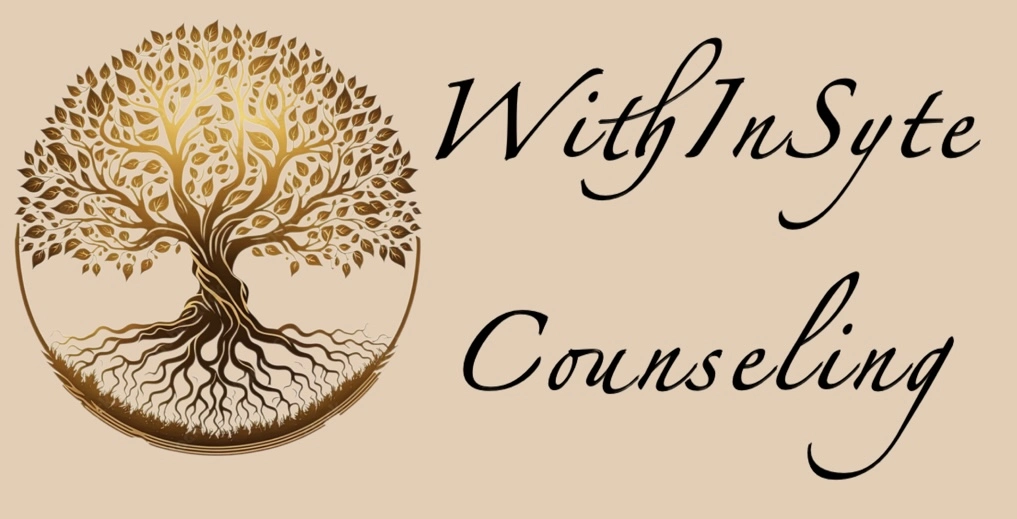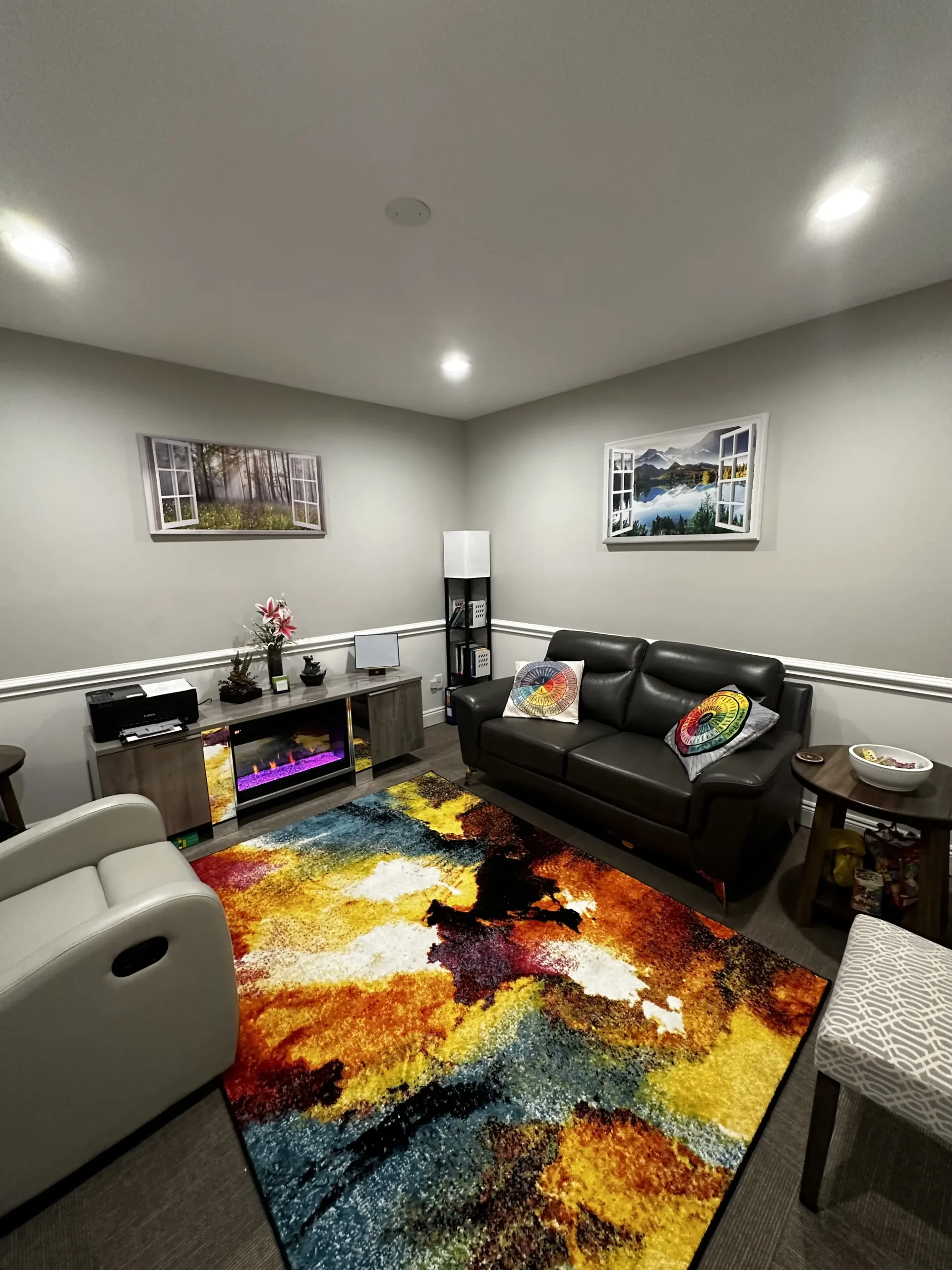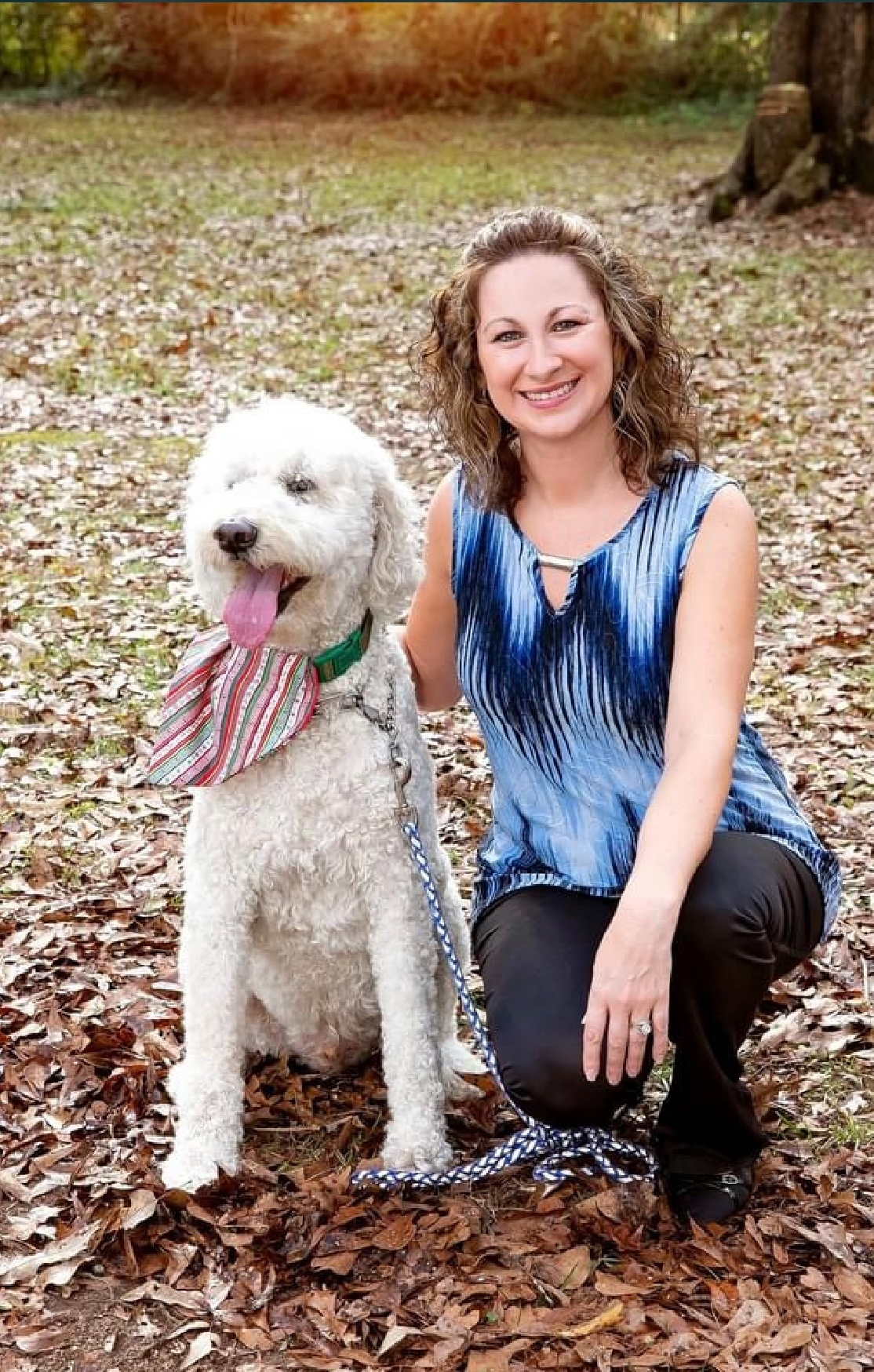WithInSyte
Counseling
Mental Health and Addiction Treatment That You Can Trust
Who Am I?
Brittany Paquette, LMHC
Brittany specializes in: dependency disorders, self harm, eating disorders, and other behavior issues. She also treats anger, anxiety, depression, OCD. She uses a whole person approach to helping people adjust behaviors that have led to unwanted consequences such as DUI, weight issues, health problems and legal problems. Individual counseling is offered for men, for women, and for children and teens. Counseling with Brittany is a safely guided journey led with honesty, humor, empathy, and patience. She seeks to counsel clients with a spirit of gentleness and discretion.
Education:
Master of Science, Clinical Mental Health Counseling and Psychology, Troy University

Bachelor of Arts in Psychology, University of Alaska Anchorage
Our Services

Substance Abuse
The DSM V is the book that defines criteria for all mental health diagnosis. The DSM states the one must have..

Self Harm
Self-harm is defined as intentionally inflicting pain onto one’s own body. Harm can be done in obvious ways such as..

Eating Disorder
An eating disorder is generally defined as “abnormal eating behaviors that negatively affect a person’s physical..
How It Works
1.
Make contact with me through email or by phone so that we can determine if I am a good fit for your counseling needs. Make sure to leave a message if you call, and I will return your call by the end of the day.
2.
I will get basic information and enter it into a scheduling and billing system. You will usually need to provide the following: email, full name of the client, name of the guardian if they are a minor, a good contact phone number, and insurance you plan to use.
3.
I will send a portal invitation from either Headway or Simple Practice who I use for scheduling and billing. You will complete intake paperwork online.
4.
Once all intake paperwork is completed you can schedule your first apt. on the portal. If you have difficulty scheduling on the portal you can always call, and I will schedule it for you.
Testimonials
“I work with eating disorders in healthcare. I heard about Brittany through a mutual patient who saw me at the hospital. When they said how much they liked her, I called and asked her if I could refer my patients to her regularly because finding a therapist to treat eating disorders is very difficult. This was during COVID so therapists were very busy, but she agreed to accept my eating disorder patients even when she had a full schedule.”
“I met Brittany while I was on probation. I had been on probation for years, and hadn’t been able to get off of it because something would always go wrong. I was nervous to go to counseling because I was still involved in some things, but she was very supportive and helped me to complete the drug treatment that helped me finally get off of probation.”
“I first went to counseling because my boyfriend left me when he couldn’t deal with my cutting. I was able to stop cutting, and am happy to say that I am happily married now and self harm free!”
F.A.Q
Do you accept insurance?
I accept most major forms of insurance. I am currently accepting: Tricare, Blue Cross, Optum, United Health, Cigna, Oscar Health, Oxford, Aetna.
What is the cost of counseling without insurance?
An initial intake session is $150 and follow up sessions are $125. A new intake session is completed after one year from the date of your initial appointment.
How often should I attend counseling appointments?
Counseling is tailored to individual needs. I find that new patients benefit from having appointments every other week. Weekly appointments are also possible in the event of extreme symptoms, however, I have found that every two weeks works best for most people. Once symptoms improve appointments are reduced to monthly maintenance sessions until the client is comfortable discharging from counseling services.
What is counseling like?
Your first appointment is just a “get to know you session” where we review recent concerns, life history, and goals for counseling. In this session we create a treatment plan together and get to know each other. Follow up sessions are where we work on your goals. Sometimes this is done through conversation and sometimes it’s done through games or activities.


